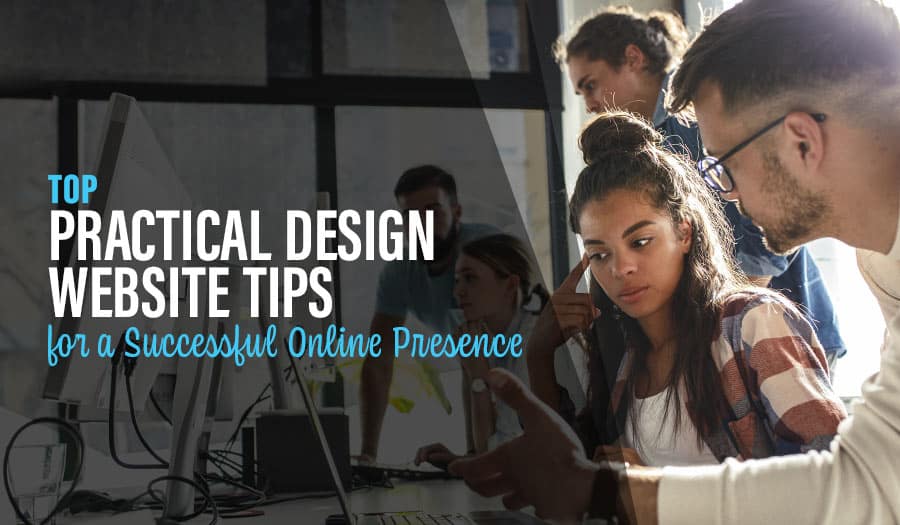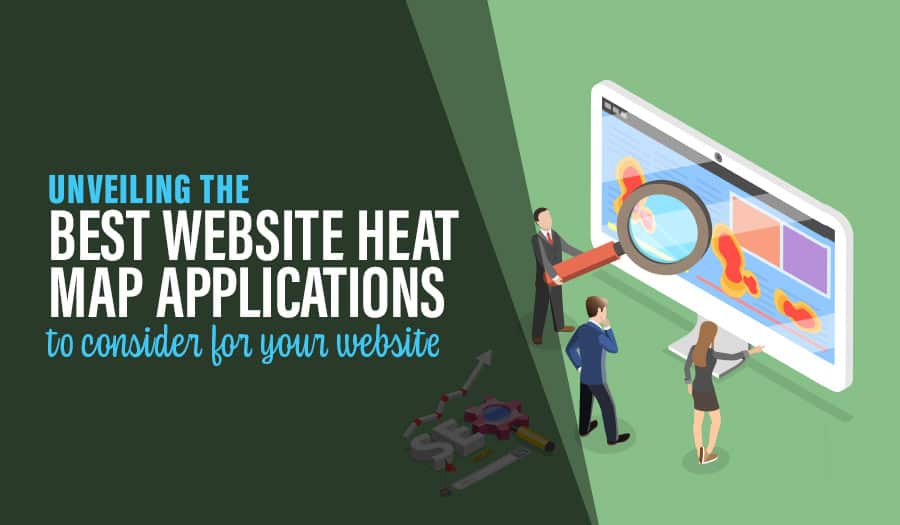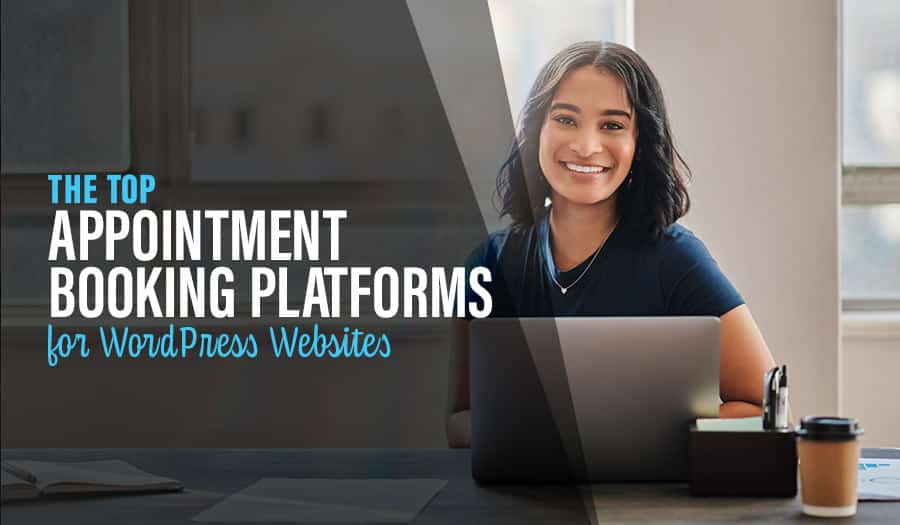Sometimes, simple is best. While it’s tempting to build out your online presence as comprehensively as possible, especially small businesses are often better served with a website that gives visitors optimal information quickly and without the need to search. Let’s look at What Pages Should Your Website Include.
That’s why we’ve developed the 5 page small business website package, which can help you stand up a quality online presence quickly, efficiently, and with a limited budget. But even if you go with this package, you may wonder: what content should your 5-page website include?
Consider this your guide to ensuring that each page adds value and helps convert visitors into leads and customers.
What Pages Should Your Website Include?
- Your Homepage
- The Contact Page
- A Page About Yourself
- Details About Your Products/Services
- Your Blog or Company News
What Pages Should Your Website Include?
1. Your Homepage
Most visitors will naturally land on your home page. That means this part of your website should include a high-level overview of who you are, what products or services you offer, and how interested members of your target audience can get in touch with you.
You can link to more detailed information on one of the below pages on each of these topics – at this point, you’re just trying to get interested. That goal, of course, also determines how you design and layout your homepage. It needs to be visual and clearly communicate your core value proposition to ensure that customers will want to learn more about you.
2. The Contact Page
After visiting your homepage or browsing around, your visitors will have questions about your business. This page should allow them to get in touch with you easily, including contact opportunities such as your phone number, email address, and physical address.
But don’t stop there. Your contact page is also an opportunity to get interactive, including a map to your physical location as well as directions to enable interested would-be customers to find you. Finally, a strategically placed contact form makes getting in touch with you (and generating leads of interested visitors) easy.
3. A Page About Yourself
Your visitors want to know who they engage with. They will be much more likely to interact and become customers of a company to whom they feel a personal connection. Your about page can be the crucial first step to developing that connection.
Here, you can include the story of your business and yourself and/or the founders. Introduce your team, ensuring everything is written in a format consistent with your brand voice and image. Tell the story of your business to your visitors so that they can feel a connection with your brand.
4. Details About Your Products/Services
On this page, you can get down to business. Outline the benefits of your products and services clearly and succinctly. Your homepage is an introduction, the contact page serves curious visitors, and the about page tells your story. Now, it’s time to tell your potential customers why your products or services are perfect for them.
When possible, illustrate your offers with visuals. This page is also a perfect opportunity to add customer testimonials, which are an important part of communicating your products’ value and credibility. Any visitor should come away from this page wanting to take the next step to become a customer or client.
5. Your Blog or Company News
Finally, any website should include a dynamic element that allows you to add fresh and relevant content on a regular basis. You may call it your blog or your news page, but the name is just semantics – what matters is that you have a space to share news and updates about both your company and your industry.
As we have detailed in this space in the past, a blog allows you to significantly improve both your SEO and your credibility as a business. Establish yourself as an authority in your industry while simultaneously improving your search engine ranks on keywords by posting regular updates about topics of interest to your audience.
A combination of these pages will help your website become efficient, SEO-friendly, and successful. But of course, they will still need to be built out professionally in order to reach their optimum effectiveness. For help in that regard, contact us to learn about our options for small businesses.
Let Pixel Fish take your business to the next level with a Stunning Business Website.
Check out some of our latest Website Design projects and Testimonials.
• Professional Services Projects
• Financial Services Projects
• Branding and Website Design Projects
• Arts and Entertainment Projects
• Training and Education Projects
• Ecommerce Website Projects
• Building, Construction and Trade Projects
Further Information:
10 Tips for Creating a Better Contact Form to Improve Conversion
Tips For Creating A Website Sitemap For Your Business
10 Common Misconceptions About WordPress
Creating Website Content that Appeals to Both Scanners and Readers
Should I have Staff Photos on My Business Website?
How to Conduct an Effective Competitors Website Review
9 Ways to Optimise your Website for Voice Search
10 Ways To Improve Your Website Footer
8 Vital Signs That Your Business Website Needs Updating
8 Successful WordPress Website Design Best Practices
10 Best Practices for a Successful WordPress Website Design Project
Why a Single Page Website Could Be the Perfect Launch Pad for Your Small Startup Business



